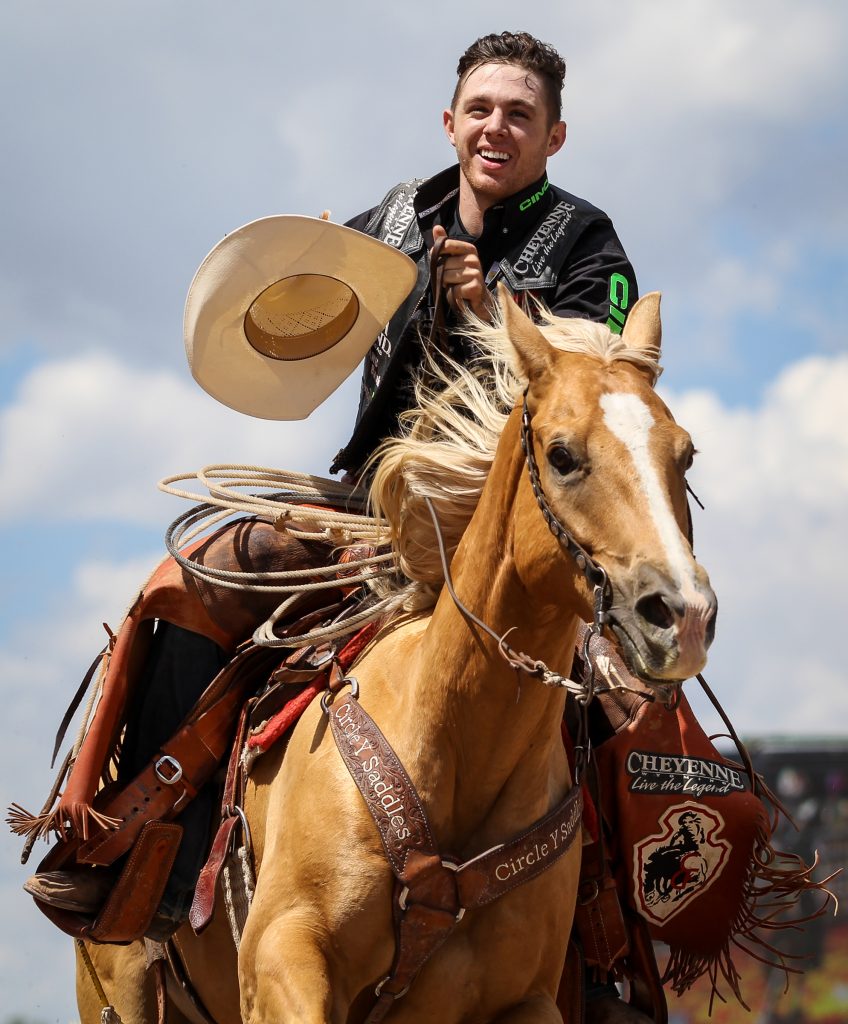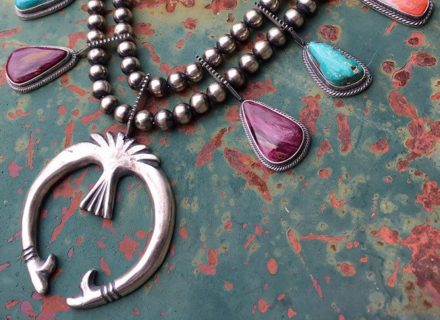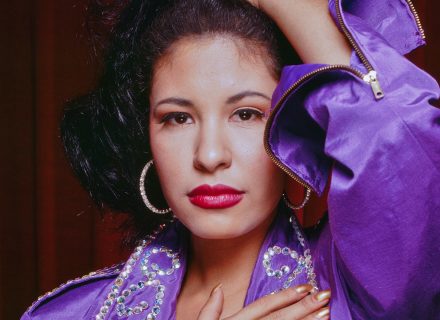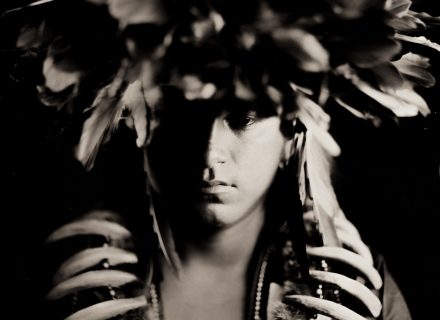The Wyoming saddle bronc rider won a historic third consecutive Cheyenne Frontier Days Buckle by focusing on training, not results.
When Brody Cress started entering saddle bronc riding competitions, he got all amped up before every ride. His concentration was so intense, his focus on a good outcome so complete, that he would have no idea what happened on the ride once it was over.
“It’s all happening so quick,” he says, “that when you’re done, someone asks you what happened, you say, ‘I don’t know, I blacked out.’ It takes so many horses just to get a feel for it, to get past that point of blacking out.”
Focusing on outcomes is a sure way to burn out in rodeo because there are too many variables outside of an athlete’s control. The best riders focus instead on preparation — to be ready for whatever comes — and that’s how Cress learned to deal with pre-ride anxiety. At the Cheyenne Frontier Days rodeo in 2017, Cress showed he had moved beyond that beginner’s phase and into a stage of his career when he could prove himself a superstar.
Before a re-ride in the final round, pressure surrounded Cress, the hometown hero. The announcer didn’t help. Speaking to a packed arena, he went on and on about Cress’ accomplishments. “It would have absolutely sucked if I would have gotten bucked off in that situation,” Cress says.
Instead of succumbing to the chaos around him, Cress ignored it. He trusted his well-practiced pre-ride routine and his knowledge of the horse to carry him through. “If I didn’t have set ways that I did things or didn’t block stuff out and calm down for a situation like that,” he says, “I guarantee I would have been bucked off.”
He stayed on the horse for a win that hinted at superstardom to come. Later in 2017, he entered the National Finals Rodeo in sixth place, rode all 10 horses, and vaulted to second in the world. In 2017, he won all three major rodeos — Cheyenne, Pendleton, and Salinas — and became the first Western athlete in any rodeo event to do so. He won Cheyenne Frontier Days again in 2018, the first rider to win the title back-to-back since the 1930s. Then, on July 28, 2019, Cress made history with an unprecedented third consecutive Cheyenne Frontier Days saddle bronc buckle.
Disciplined preparation has taken him to great heights already. Now, as Cress works his way back from two broken bones that cut his 2018 season short and hampered the start of 2019, he’ll need to focus more than ever on preparation if he wants to assume a spot among the elite of his sport.
Cress grew up in a rodeo family in Wyoming. His dad rode bucking horses, and his mom was a rodeo queen whose family owned a ranch in Colorado. Still, Cress started off slow, learning the sport on horses that, he says, “couldn’t jump over a beer can.”
He was a three-time state wrestling champion in high school, and he sees parallels between that sport and riding saddle broncs. “When you step on that mat, you’re relying on yourself,” he says. “There’s nobody else. It’s the same thing in rodeo. There’s so many ups and downs, it’s a mental game. You’ve got to be gritty. You’ve got to be tough. You’ve got to find a way to push through stuff.”
Already, in his young career, he has had to apply that lesson.
He broke both bones in his lower right leg August 4, 2018, at a rodeo in North Dakota. A surgeon inserted three metal plates and more than two dozen screws. For rehab, Cress drove three hours round-trip from Stephenville, Texas, where he starred on the Tarleton State University rodeo team, to work out at a facility in Decatur, Texas.
His roommate, Jimmy DeLeon, was so impressed by Cress’ work ethic that he soon joined him for the long drives and workouts. “Never once did he complain, and you could tell he was in a lot of pain,” says DeLeon, a steer wrestler. “It just shows his mind-set of wanting it.”
Cress guesses he was about 75 percent healthy for the 2018 NFR, and his poor results showed it. Still, he doesn’t regret competing, even if he wasn’t ready. “Everybody dreams of competing at that level,” he says. “I’m sure there are hundreds of people who just wish they could be bucked off in that arena every night. They never got the opportunity to do anything but sit in the stands and watch it.”
Cress carries himself with a curious mix of bravado and humility, a blend that saddle bronc riding almost demands for survival. Cress wants to win every rodeo he enters. He also says it would take forever to thank everyone who has helped him get to this point.
He has uncommon maturity for a 24-year-old. DeLeon calls him often from the road to ask for advice and break down recent performances. Says DeLeon: “He’s asking me, ‘How’d your run go?’ I said, ‘Man, not good. I did this and this and this wrong.’ He said, ‘It takes time. In rodeo, there’s going to be a lot more down than up. You have to roll with it. When the times are high, you need to take advantage of it, soak it in. When times are low, that’s when you really got to dig deep and keep working at it.’ ”
Cress learned that the hard way. He struggled to start the 2019 season, as his leg still wasn’t 100 percent. By mid-June, he felt like he’d returned to full strength, though he still wasn’t sprinting or jumping yet. His recovery allowed him to restart his journey to join the best in the sport. He stormed back from a low spot in midseason rankings to qualify for NFR, the results of which came after press time.
Like preparing for a rodeo, the key to a successful comeback for him is to focus on the process rather than the results of any individual competition. “You don’t want to think too far ahead,” he says. “More important than that, I’ve got to think about the steps right now, what I’m doing day to day.”
Photography: Courtesy PRCA, Lonestar PR
From our February/March 2020 issue.


















